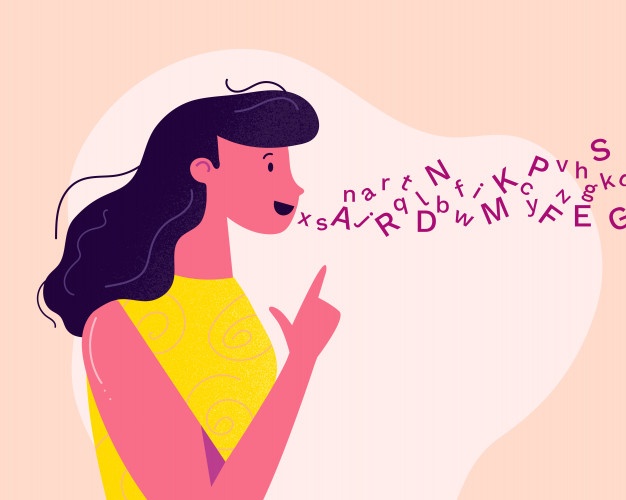Google’s feature of Indian-English pronunciation is quite not applicable to India’s sociolinguistic milieu. It is seemingly difficult for India to follow standard English as Indians speak English with a tint regional dialect.
In language or linguistics, pronunciation plays a key role in defining culture and ethnicity. Keeping this in perspective, Google last year added a feature of Indian-English pronunciation to its website. According to this feature, while searching for a word’s pronunciation the user gets three options: British, American and Indian pronunciation. In addition to English and Hindi last year, Google provided its users with another new feature through which they can find search results to their queries even in regional languages such as Tamil, Telugu, Bangla, and Marathi.
The option of Indian-English is an experiment to standardise pronunciation of Indian-English, which itself is spoken differently across the country. It is seemingly difficult for India to follow standard English as Indians speak English with a tint regional dialects.
India is a country of different sociolinguistic backgrounds
More than a hundred million Indians speak English to some extent. It is believed to be the first language of a small minority of people only and is often used as a second or third language that people usually learn in school. Indian English has developed a number of dialects, distinct from the standard English that educators have attempted to establish and institutionalise.
It is possible to distinguish a person’s sociolinguistic background from the dialect that they use. These dialects are generally influenced by the geographical divisions of the country. The issue arises when one realizes that there is no single variant of Indian-English as people living in different parts of the country use different regional languages.
The dialects differ in their phonology and pronunciations. The widely recognised dialects include Malayali English, Maharashtrian English, Punjabi English, Bengali English, and Hindi English. Most Indian-English pronunciations on Google sound are like how a north-Indian TV news anchor would say it.
Partha Talukdar, a staff research scientist at Google Research, Bengaluru, and head of a group focused on Natural Language Understanding and called it a challenge. “For all of the variations we want to cover, if we want to take help of voice artists for different dialects, that’s not scalable. So the idea is, how can we take one representative database and adapt it to different situations, or dialects of a language using data collected from artists and making some technical alterations to that. That’s in the realm of research right now,” stated Talukdar.
The push to accept British English
Britain has ruled India for so long that British English is often included in Indian English. In India, there is an attachment especially among the older generation to the Queen’s English. Moreover, there is this preconceived notion that British English sounds posh. Officially, Indians follow the rules of British English grammar. English speakers in India follow British English as specified in the Oxford or Longman English dictionaries. Even British and American English have incorporated a number of Indic words such as pajamas, juggernaut, and thug.
Role of Indian literature in the spread of Indian English
Early Indian writers used to incorporate many Indian words in their writings and this can be experienced throughout the works of RK Narayan in Malgudi Days. The literature from the West was essentially what formed the canonical literature until the mid 20th century after which, for the very first time, Indian writings in English received the due visibility it deserved.
A writer, Ranjan Kumar Auddy says, “Until a few decades ago, the way Indians wrote and pronounced the English language was looked down upon. They were not considered as something not genuine. I remember reading an interview once where Anita Desai said that she sometimes felt she would be among the last generation of Indian writers to write in English.”
When Salman Rushdie’s Midnight’s Children was awarded Best of the Booker Prize and Arundhati Roy’s The God of Small Things achieved international acknowledgment, Indian English reached a crescendo. The words like chutney, jungle, karma, khaki, veranda, and many more, made their space in the Oxford English Dictionary. Salman Rushdie’s use of the expression ‘chutnification’ epitomises his use of language in the novel.
The accommodation of Indian writing in English in the English canon is a momentous achievement because it provides autonomy to this genre as it is not merely an imitation of Commonwealth English.

